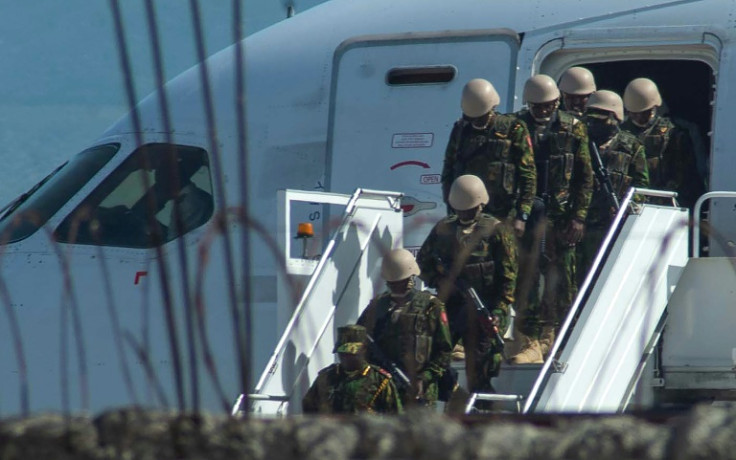
Kenyan police officers deployed to Haiti are demoralized amid significant challenges plaguing their mission since their arrival, including equipment shortages and pay issues.
The Multinational Security Support (MSS) mission, which aims to restore security in Haiti and facilitate elections by February 2026, began with the arrival of nearly 200 Kenyan officers in late June, followed by a similar-sized group in July. The mission is planned to eventually include around 2,500 personnel from various countries.
However, progress has been impeded by financing issues. The United States has contributed $369 million in funds, equipment, and services, while a U.N. fund has only accumulated about $68 million, leaving a shortfall of over $150 million from the estimated $589 million needed for the first year. This financial gap has contributed to delays in equipping the forces and paying them.
Officers told Reuters that despite assurances of incoming equipment, they have been operating with inadequate resources. They described challenges such as heavy gunfire from armed gangs and a lack of armored vehicles and radios, which hampered their ability to respond effectively. The U.S. State Department has confirmed that additional armored vehicles and radio systems have been delivered and that joint patrols between Haitian and Kenyan officers have begun.
Concerns about pay have also affected morale. Officers were promised monthly bonuses of around $1,500, significantly above their regular salaries, but faced delays and inconsistencies. Reports indicate that while some officers have received their bonuses, others have not, and the discrepancies in payment amounts have been a source of frustration.
Violence continues to plague the country in the meantime, with over 578,000 people fleeing their homes since 2021, according to the U.N. migration agency.
This mass displacement is severely straining the resources of already impoverished cities and towns across the country. The number of people fleeing surged by 60 percent from March to May this year, driven by escalating attacks on critical infrastructure such as the international airport and main seaport, along with the widespread opening of prisons and attacks throughout the capital, Port-au-Prince.
The security situation in Port-au-Prince remains dire, with paramilitary gangs still controlling approximately 80 percent of the capital. From April through June, nearly 1,400 people were reported wounded or killed, with a notable increase in kidnappings and rapes by gang members. The violence has also resulted in a rise in children living on the streets, many of whom are at risk of becoming involved with gangs.
© 2025 Latin Times. All rights reserved. Do not reproduce without permission.





